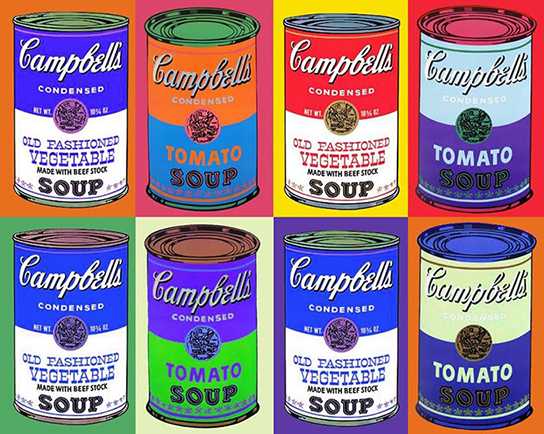← The Simple Joy of Cooking
February 5, 2020 • 3 min read
For me, food is a big part of my life - I’m sure it is yours as well. I love going to strange and relatively obscure restaurants to try a new palette. No matter where I am, one of indulgences is to take an hour or two commute in the matter of finding a meal that I’m craving. It turns rout you can learn a lot about a city through its gastronomical culture. I like to bike in LA and I get to discover a lot of new, interesting places almost daily. Despite my love and passion for the intersection of food, culture, and cuisine. In 2020, I find myself along with many other people re-evaluating our relationships with our material possessions, our media sources, and defining only the things that really matter to us. You can see this in the number of mindfulness apps that promise to help find our center in an environment full of distraction and noise. Food is another aspect of life that can apply.
Defining Our Relationship With Food
Although, you would expect people who self identify as a foodie would know a thing or two about the preparation of food. That’s not always the case. Last year, I cooked maybe 5 times in total. I would say that especially in the cities, going out every day for lunch and dinner is not unusual. For people outside of the cities, a ritual of fast food and high sugar cereals leads us to weight gain and a prevailing lethargy throughout the day.
Our Attitude Towards Food
For me personally, in Los Angeles, the amount of options for the type of food you can get is astounding. Coming here was overwhelming for me in terms of the diversity and quality of different cuisines you can try here. In the first year, it overwhelmed me and I did what came naturally to me, to try everything. Of course with all good things comes the need for moderation. In part, the realization that dawned on me was the 10 pounds that I gained and the mysterious chunk of money that seemingly always disappeared from my paycheck.
I’ve been taught to hustle, that eating was more of a chore rather than a place of sanctuary and enjoyment. I’ve been taught to eat fast and not be conscious of what goes in our bodies. As an American, like many parts of our lives, our eating rituals become a commodity sold to corporations at whatever cost it is to put a commercial for low-nutrient density food.
Andy Warhol’s pop art rendition of the Campbell’s soup can is iconic of American commercial culture. Most American art doesn’t only hang from the glaring white halls of MOMA. It’s a lot more practical and in your face than a Sunday evening visit to an art museum. It’s the sugar cereal ads that are unavoidable in daytime television (mostly the times when kids are watching). It’s the rainbow of bright boxes enclosing processed foods in the aisles of your local grocery store.
After growing up with poor eating habits, it can be difficult to attribute discomfort and the lack of energy to what you eat. It may be a bit of hyperbole to say that for most Americans, our relationships to our food is broken. It’s something I notice more and more. We become busier and busier and we take shortcuts to fulfill one of the most critical functions of our body. By all means, we have become an “advanced” society. Most of us aren’t are not worried about putting food on the table. In fact, the people that are worried about putting food on the table are often obese. They have met the caloric requirements but their nutritional requirements fall short. Like all things, placing too much emphasis on individual responsibility makes opaque the systemic failures.
For the average American who is living paycheck to paycheck, the truth can be found in the grocery store. It’s apparent in the prices of food, it is a little bit of a generalization but bear with me. But for many people, healthy options may be distant in terms of affordability and access. Paying $40 for a set of high quality organic groceries for many people is very difficult when Kraft mac and cheese can feed a family for a quarter of the price. When you actually read the label, the amount of salt and fat in these foods is appalling. This salt and fat is added for one of three reasons.
- Prolongs shelf life
- Masks the low nutritional quality of the ingredients.
- Draws us to our more addictive behaviors.
Yet, instead of attacking the heart of these systemic failures. We as a society have spawned market based solutions to these problems. Often, not to maximize life expanctancy and general well-being, but share prices. We have a massive array of people and cookbooks selling fad diets and fundamentally unsustainable methods of weight loss. People who partake in crash diets often drop weight fast but then rebound to the same weight or even greater weights after a short-term period.
Changing Our Attitude Towards Food
Cooking as Mediation To A Positive Attitude
Eating out is a wonderful experience - especially with friends or to have an experience that’s very difficult to come by outside of a restaurant.
